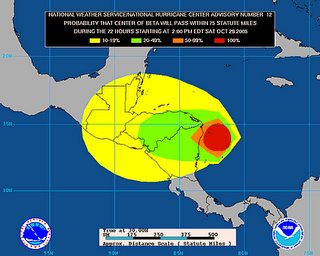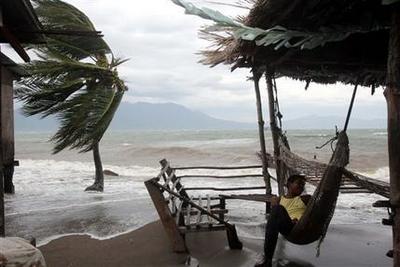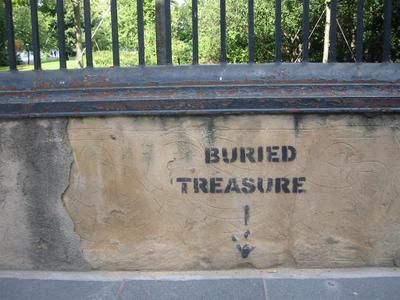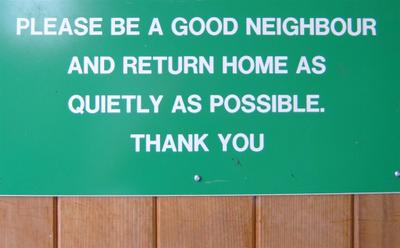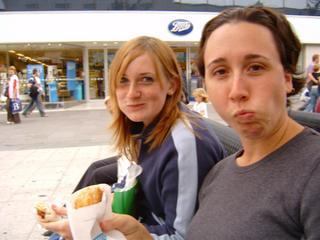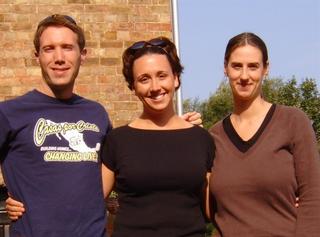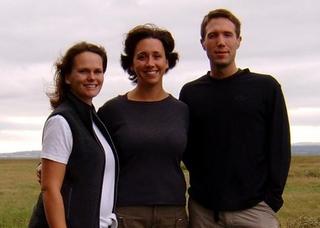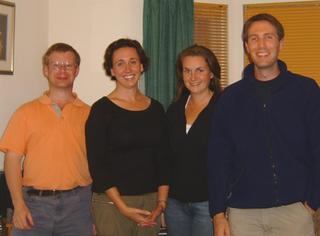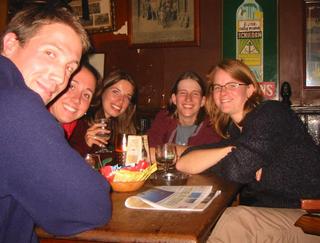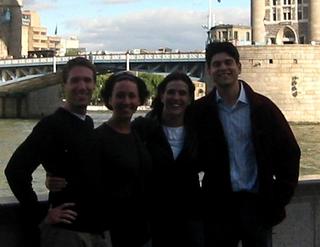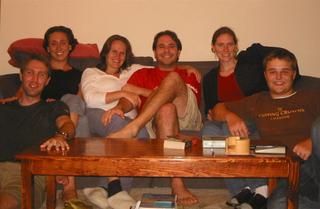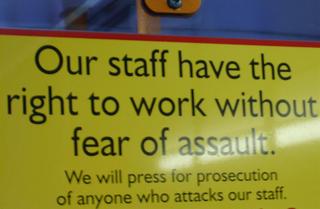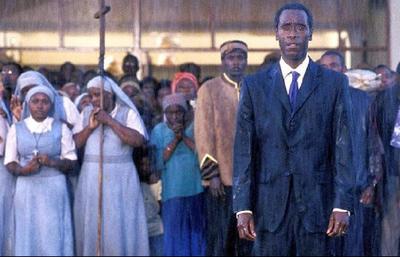 (photo credit: www.hotelrwanda.com)
(photo credit: www.hotelrwanda.com).
It's been a few weeks since i saw it. I wanted to wait awhile, wanted a week or two and a few thousand miles of perspective. In the meantime, i've been thinking.
I first watched it with friends in a cozy Dutch farmhouse. The resulting absurdity of contrast reminded me a little of when i was in college with a guy who'd grown up in Rwanda, whose parents were still missionaries there when the genocide erupted. His mother and sister escaped the country. His father stayed behind. Wheaton was often called The Bubble even in normal times, and most non-Africans in the world had no reason to know which dot on the map Rwanda was. And so my first reference point for the tragedy of 1994 was that the whole year afterward, though he was eight thousand miles away in a cheerful cocoon of normalcy, i never once saw this guy smile.
I should back up a bit.
Rwanda, 1994. Nearly a million people were shot to death, burned to death, or hacked to death with machetes by their fellow citizens and neighbors down the street. The UN did essentially nothing. The US, led by a wary Bill Clinton unwilling to risk another Somalia-style opinion-poll debacle, did even less. The slaughter would likely have continued until there were no victims left to kill, had not an expatriate rebel group overthrown the government and put an end to that phase of the violence.
As the murderous warlord laughs in last winter's otherwise forgettable thriller
Sahara: "This is Africa. Nobody cares about Africa."
But back to the hotel. The film covers the efforts of the hotel's Hutu manager to protect as many Tutsi victims as he could,
a la Oskar Schindler, from the savage mobs that ruled the streets. I don't think anyone but the most PlayStation-jaded could watch it and not come out grieving deeply. But i didn't cry.
Why not? It took effort not to - i've seen few things more deserving of grief - but that's the thing: Everyone cries. Everyone is deeply moved when they're shown such awful things happening in their world. And then, they go out for pizza. It just didn't seem like a fitting response - to have a moment of orchestrated vicarious caring, and then forget all about it in an hour. I can't think of anything more disrespectful. I'd rather sit stoic through the entire bloody awful thing - and then carry it with me, burned into my brain, for the rest of my life.
But you can't feel that bad
all the time, you say; you can't live like that. Well, of course not. Even the people who have actually been through it don't walk around thinking only of that pain all the time. But what was the point of your grief then? Sure, it's cathartic to feel someone else's pain. Especially if it's someone safely on the other side of the world. You get to feel all warm and fuzzy for a minute with sorrow and righteous wrath over such injustice. But i don't think that's why this film was made. Because that's just entertainment. Cheap entertainment, at that.
Matthew 21:31: "Which of the
two sons did what the father asked?" The one who felt like doing it, or the one who went and did it?
The thin salve of civilization we've pasted over our communities may feel thicker in your town than it was in Kigali. But sixty years ago my grandparents' generation, in the heart of European civilization, was faced with even worse. The day after we watched
Hotel Rwanda, we walked through the Anne Frank house in Amsterdam. It didn't feel like coincidence to me. This is the ordinary house on the ordinary street where, like Corrie ten Boom, ordinary Dutch people hid their Jewish neighbors from their own government. When the secret room was betrayed, Otto Frank and his wife and and children all went to the camps. Otto was the only one to survive. They never thought it could happen in their city. But it did. Seem like a long time ago and too far away? It's happening all over the world as we speak.
Scenario: Next Thursday, a powerful earthquake destroys half of your city. (Unlikely?
Think again.) Your neighborhood is plunged into fear and chaos when outnumbered National Guard units are helpless to prevent mobs of armed looters from running wild in the streets. Fires rage through the area. Your home is one of the few left with running water and some modicum of safety, but so far, your family has been unmolested. And then, an old beat-up car full of total strangers from a bad neighborhood pulls up your driveway. They are pursued by six young men with baseball bats and handguns. They beg you to open your door. What do you do?
If mine were a small country in that predicament, i'd hope a big country - any country, anyone - would step in to help. In Rwanda, no one did. You can always debate international responsibility vs. national sovereignty, but it does raise a few questions. For instance: The Allies fought Hitler, but only because he wanted to rule Europe, not because he was murdering Jews. Nobody invaded Cambodia in the seventies when
Pol Pot killed a full twenty percent of his country's population. Or Russia or China when Stalin and Mao murdered still-unknown millions of theirs. Nobody "intervened" in South Africa during the abuses of apartheid. Nobody is intervening in North Korea - today, right now - while Kim Jong Il continues to slowly starve his nation's children on a diet of
field grass and American-donated rice. Indeed, the world cries foul the moment the US so much as speaks harshly of such a regime. But then, the US is the imperialist aggressor. Except in retrospect, after it tries diplomacy instead, in which case it's solely to blame for not taking action.
And anyway, in foreign policy there are nothing but mitigating circumstances wherever one looks, from Saudi Arabia to the Sudan. Even with people of high morals in power, politics will always be politics. It's all so big, so hopeless-feeling, so far away. So we watch movies about genocides and holocausts, and we feel genuinely sad for a few minutes. We think, If that happened here, to my people, i'd sure stand up against it. But the stuff on the screen is halfway around the world, and we're so busy, and really, what can we do from here? Right?
But these are your people - especially if you're a Christian. And governments aren't the only agents of change in the world. There's
World Relief.
Food for the Hungry.
Voice of the Martyrs.
International Justice Mission. There are any number of agencies standing up for the weak and helpless where no one else will. And it's not the hopeless black hole of corruption you get with government aid, either. Fifty bucks to
Opportunity International will give a family the means to feed themselves for the rest of their lives. You don't have to mail a check to someone in Rwanda - or wherever the latest movie was made - to make a difference. You can find and fight the same injustice anywhere. It's a large enough target.
So anyway....If you've already seen the film, you could make
Beyond Rangoon your next stop. But if you haven't yet seen
Hotel Rwanda, go watch it. Let it move you. And then, let it move you to act.
* * * * *
Links:
- Read this brief Guardian article for more recent Rwandan history, as well as a remarkably frank discussion....
- See the real hotel from the movie (open for business as usual)....
- ...and for a truly surreal experience, read the hotel's Yahoo! traveler reviews.

